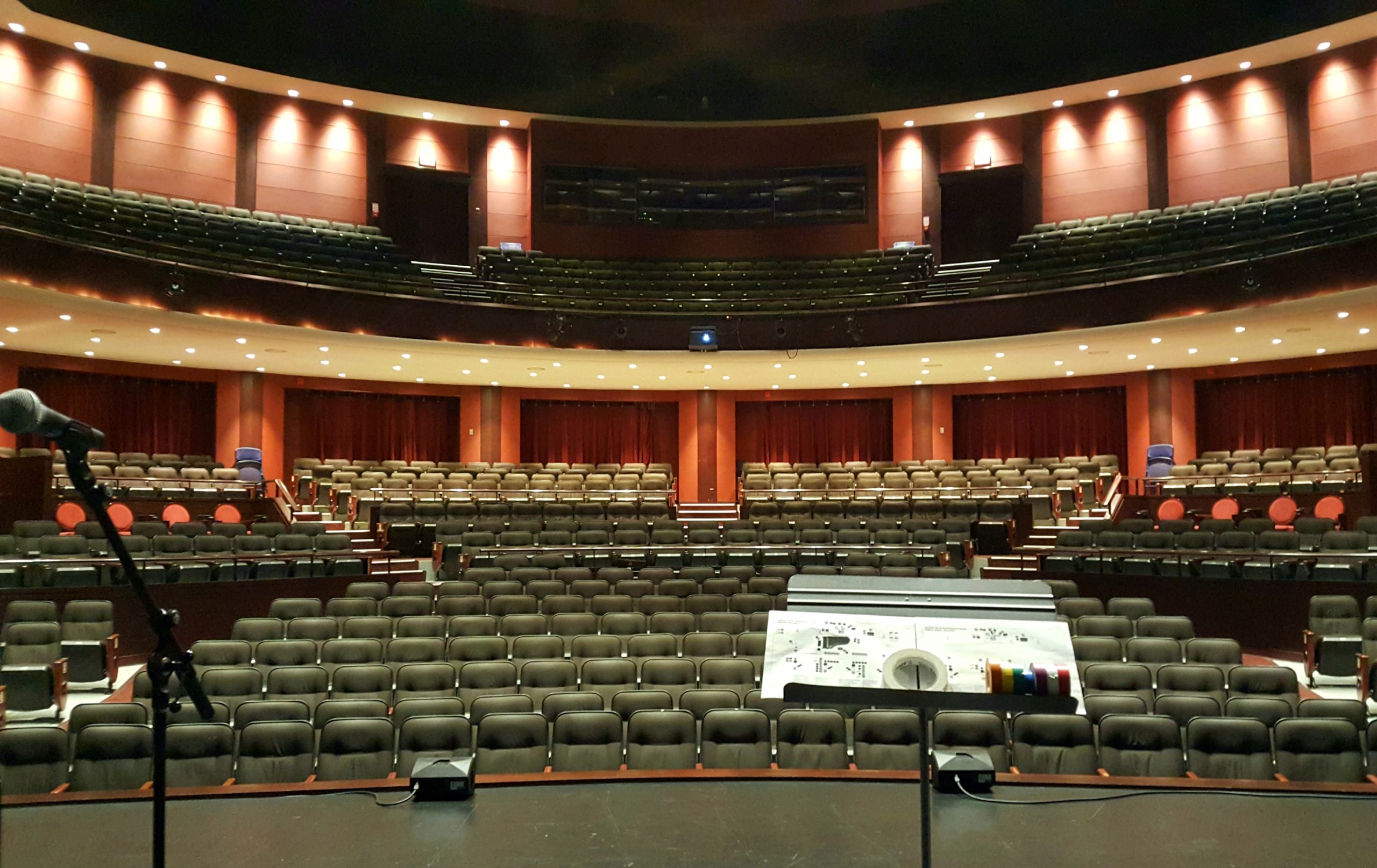
What Is Music Copyright And Why Should You Care?
If you’re a musician of any kind, making music comes with music copyright. Rights come with protections. And then at some point, royalties flow from those rights. Whether you’re a songwriter, recording artist, studio player, touring performer, master recording owner, maybe even all of those things together… there are appropriate rights attached. And navigating through it all is challenging.
The world of music rights is complex, with many things to consider along the way. On the surface, and what we see, is that it involves the collection of royalties from multiple organizations. Beyond that, in order to be able to even benefit from music royalties, is the administration and protection of your rights as a creator of music. Ensuring the proper pieces are in place for your music to be owned by you.
What To Know About Music Copyright
Following is a brief rundown of music rights and some organizations to know about. This is not an extensive list, but rather, is meant to give the overall gist of music rights for different kinds of music makers.
Songwriters have rights in the composition – the written song. Songwriters are entitled to collect performance royalties anytime that composition is publicly broadcast or performed live. As a songwriter, if you haven’t assigned rights in your composition to a music publisher, you are then your own music publisher, too, and those royalties would come to you. In Canada, songwriters and publishers register with SOCAN for performance rights. As of recently, there is now the option of registering for reproduction rights, or the ‘mechanical right’ to reproduce the composition anytime it is copied, streamed or downloaded. The other, and long-running organization, that collects mechanical royalties is the CMRRA.
Recording artists have rights in the performance of a song. Whether a featured artist with your own release, or a non-featured artist on someone else’s release, if you have performed on an audio recording, you have rights as a performer on that recording. These are also called ‘neighboring rights’ because they exist alongside performance rights of compositions. You’ll want to register in Canada with either MROC or ACTRA/RACS (pick one, not both). You can also assign them to collect featured performer royalties from an American organization called SoundExchange, who collect for satellite radio and webcasting in the US, or you can register directly with SoundExchange.
Sound recordings have neighboring rights connected to them. If you’ve recorded a song, and have maintained ownership of your own master recording of that song, then you’ll want to register with CONNECT Music Licensing here in Canada as the rights owner of the sound recording. SoundExchange also comes into play on the master rights side, so either assign those rights to CONNECT or register directly with SoundExchange.
That’s just a brief overview of the complicated (but fun!) world of music rights and royalties. At least I think they are fun! If you’d like to chat about your rights and royalties, send an email for a 30-minute zoom meet-up. Come ready with your questions, and I’ll do my best to answer them. — RoseAnna
